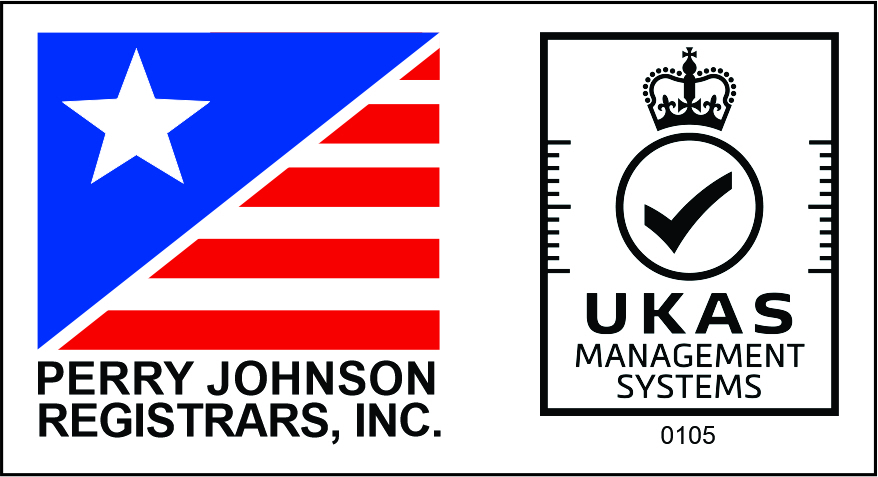There are many ways in which you can lose data – from devices simply being damaged, getting viruses, being stolen or misuse. Therefore keeping an up to date backup is highly important as it means you are able to restore your files if you need to.
The range of back up options available offer varying levels of security and work in very different ways. So how should you store your data?
How best to back up
Unless you’ve ever had the unfortunate experience of losing data – storing multiple copies of your files may seem like overkill, however, just speak to someone who has, they’ll tell you it’s definitely worthwhile. Multiple backups are better than just one, with a variety of on-site, offsite, physical and cloud options available there will be a solution that ensures your data is protected.
There is a well established 3-2-1 back up rule;
- Keep three copies of your data
- Use a minimum of two different storage media types
- Keep one copy offsite
Only back up what you need to
Does everything on your machine or network need backing up? Sometimes this could be the case, but thinking about the speed of recovering data and the cost of storage, backing up that four year old software installer is probably a waste of time and money.
If your back up plan allows it, utilise incremental backups, this only backs up the changes made on your machine rather than overwriting folders with the exact same information.
Where best to back up
External hard drives
As an external hard drive is a physical device, you are in full control of where your data is being stored and who has access to it ensuring your data is completely secure from cyber attacks. External hard drives don’t require an internet connection to operate, so you can backup or restore anywhere as long as you have the device and connector cables.
Having a physical hard drive does have its downsides because they are susceptible to damage, theft or loss. Another thing to consider is that backups will not be automated, therefore you would need to remember to do this regularly.
Hard drives can have an extremely high storage capacity, however this is not flexible and you would have to buy another device should you run out of space. If you are looking to use physical media it is worth considering a device with a higher capacity than your initial demand.
It is worth pointing out that the main advantage of this method is if your network was to fall victim to a ransomware attack you can simply delete all the data from your system and restore from your hard drive with minimal fuss.
Cloud Backups
You will have most likely noticed a huge increase in the use of cloud technologies for a variety of tasks, with backups being no exception. When using the cloud to back up, your data is stored on remote servers and accessed via an internet connection, meaning this is the perfect option to ensure data isn’t lost if onsite physical data is compromised or destroyed.
You can access your information at any time and anywhere when using cloud storage, as long as you have an internet connection, which can be really useful when working remotely, however it is both a blessing and a flaw.
When considering cloud storage you may have concerns regarding where your data will be stored and how secure the storage solution is when it comes to cyber attacks. The good news is that cloud servers are encrypted making it extremely difficult for cybercriminals to access your all important data. These servers are usually situated within large data centres which have high security and can only be accessed by authorised personnel, adding an extra layer of safety.
A big benefit of cloud storage is that you can increase or decrease your capacity very easily to suit your needs and providing your solution allows it, you can schedule an automated back up of your data once a month or whenever suitable for you.
Whilst popular online storage websites such as Dropbox and Google Drive are great for storing a few copies of files, they do have constraints. They are not automated, have limited space, and they do not back up your entire system which is worth bearing in mind if you’re looking for an all-encompassing solution.
If you have a slow internet connection (typically more noticeable during uploads), pulling or pushing data to the cloud can also be a lengthy process. This is something to be particularly aware of if you potentially could be instigating a system-wide recovery.
Summary
It is worth noting that it is widely accepted that no backup method is completely infallible. However, if you follow the suggestions above it will give you the best chance of keeping your data safe. Or at the very least ensure that in the unlikely event you do lose your data or become a victim of cybercrime you will be able to access and retrieve your valuable files and information quickly and easily.






